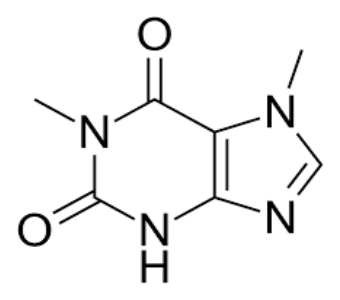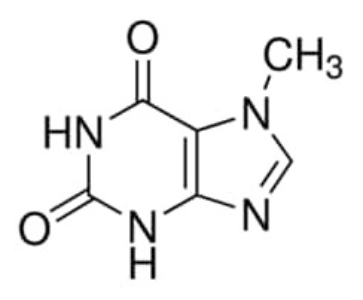Yielding More Biochemicals Through Greener Processes
THE PROBLEM:
Pharmaceutical treatments of Parkinson's disease, myopia, glaucoma, and macular degeneration are essential for patients' continued quality of life; however, the vital compounds, paraxanthine and 7-methylxanthine, are currently produced using toxic chemicals under environmentally-unfriendly conditions. Due to this added hazard and low yield amounts, both compounds have exceedingly high retail values at approximately $1,400/gram for paraxanthine and $450/gram for 7-methylxanthine, resulting in higher medical costs and financial hardship to patients facing these chronic illnesses.
THE SOLUTION:
Researchers at The University of Alabama have developed a genetically engineered strain of E. coli that produces these essential compounds in larger amounts via a greener, non-toxic biological process, dramatically lowering costs. Using an abundant and inexpensive feedstock like caffeine, this novel synthesis of paraxanthine and 7-methylxanthine can significantly impact the pharmaceutical and cosmetic industries.
 Paraxanthine
Paraxanthine
 7-methylxthanine
7-methylxthanine
BENEFITS:
- Yields larger quantities of compounds
- Green, environmentally-friendly process
- More cost-effective
- Biological production rather than chemical synthesis
The University of Alabama Research Office of Innovation and Commercialization (OIC) is a non-profit corporation that is responsible for commercializing University of Alabama technologies and for supporting University research. At OIC, we seek parties that are interested in learning more about our technologies and commercialization opportunities, and we welcome any inquiries you may have.